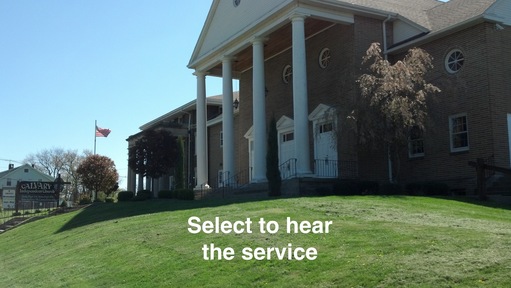Calvary Independent's Core Values

The Test of Core Values
Why Talk about Core Values.
Just as personal values speak to what is most important in our lives, so a congregation’s values speak to what is most important in the church’s life.
What some do not understand is that churches, like people, have a soul—a collective soul.1 Congregational or corporate soul is at the very heart of the organization. It is a leadership concept that embraces the church’s unique values. What sets successful congregations apart is their discovering and tapping into that soul, making contact at its deepest levels.
How Can we identify Core Values in Scripture?
Core values signal a ministry’s bottom line. They communicate what really matters. Clearly articulated values drive a stake in the ground that announces to all, “This is what we stand for; this is what we are all about; this is who we are; this is what we can and cannot do for you.”
Jesus Core Values resulted in no place to lay His head
Ministries and Programs Assist in Identifying Core Values
Gaining a New Lease on Life
Discovering your values is the basis for knowing and understanding your identity, because they are at the core of the church’s culture.